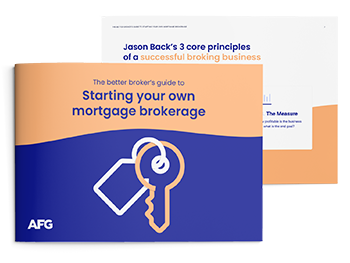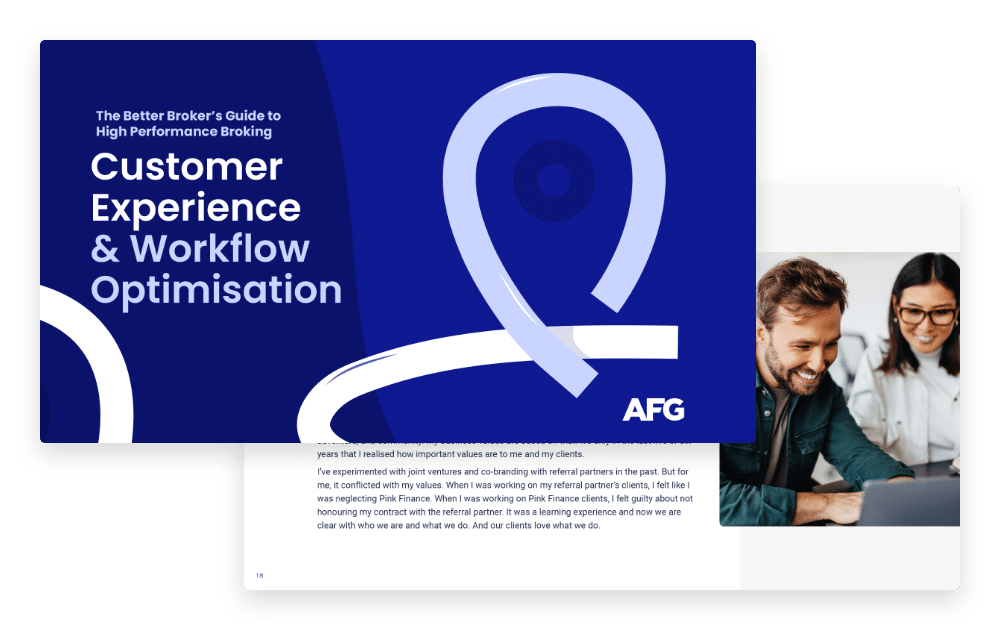When the National Consumer Credit Protection Act came into effect in 2010, it was designed to help regulate lenders and prevent consumers from getting out of their depth with debt. One of the spin-offs has been increased scrutiny on would-be borrowers. Lenders now look to an individual’s credit file to help determine if they are a good or bad risk.
Yes, that’s right — a credit file. It sounds very FBI and, in some ways, it is. Your credit file includes your personal information, including your full name, date of birth, driver’s licence number, gender, addresses and employer information. It also records any credit applications you have made in the past five years, such as home loans or store financing of household goods, plus any bills you have defaulted on and any financial matters on the public record, including any bankruptcies or directorships.
Home lenders will look at your credit file to verify your reliability. Being aware of what’s on your file and how you can keep it clean, will go a long way to helping you secure a home loan.
Previous credit applications
A previously declined credit application can leave an unwanted stain on your credit file. If you are declined a credit card or a loan, find out why and take steps to rectify the situation before applying for new loans or credit. While your positive actions may not erase the blemish, you can at least demonstrate responsibility with the new lender, which may convince them to give extra weight to other criteria, such as income and a strong employment record.
Payment defaults
Don’t think that unpaid phone bill from your previous rental matters much? Think again. A payment default is an account of $100 or more that is 60 days or more overdue.
Payment defaults can only be included on your credit file if the credit provider has tried to recover some or all of the overdue amount. This means they must have sent a notice in writing to your last known address and requested payment.
Payment defaults stay on your credit file for five years, even after you pay the overdue amount.
If you don’t pay a bill but can’t be contacted, you may be declared a clearout. Before you can be listed as a clearout, the credit provider must make reasonable efforts to contact you, either in person (including over the phone) or in writing to your last known address.
If you can’t be contacted, the credit provider can immediately list the debt on your file as overdue, even if it hasn’t been overdue for 60 days or more. Clearouts remain on file for seven years from the date they are listed, even when you have paid the overdue amount.
Avoid unpaid bills blighting your credit file by:
- Paying on time or at least when overdue notices are sent.
- Providing a change of address to all creditors/billers if you move.
- Leaving someone to manage your bills if you need to be away for a month or more.
Hardships
They say it’s often better to seek forgiveness than permission, but most lenders are happy to discuss what can be done to help if you hit hard times. Far better to fess up to a creditor or lender if you can’t make one or two payments than have them whack a black mark on your credit file due to lack of contact.
Talk to your broker
Borrowing via a broker is one of the best ways to navigate the credit crunch. A broker will have a good understanding of what financial attributes various lenders are looking for in their borrowers. For example, a lender may give kudos to long service in a job and a solid savings record, which may help offset an unpaid bill from three years ago that appears on your credit file.
Your broker can also advocate and negotiate on your behalf. Just remember, it pays to be honest. If you have a mark against you, be up front so your broker can consider the best lender and loan for your situation.









